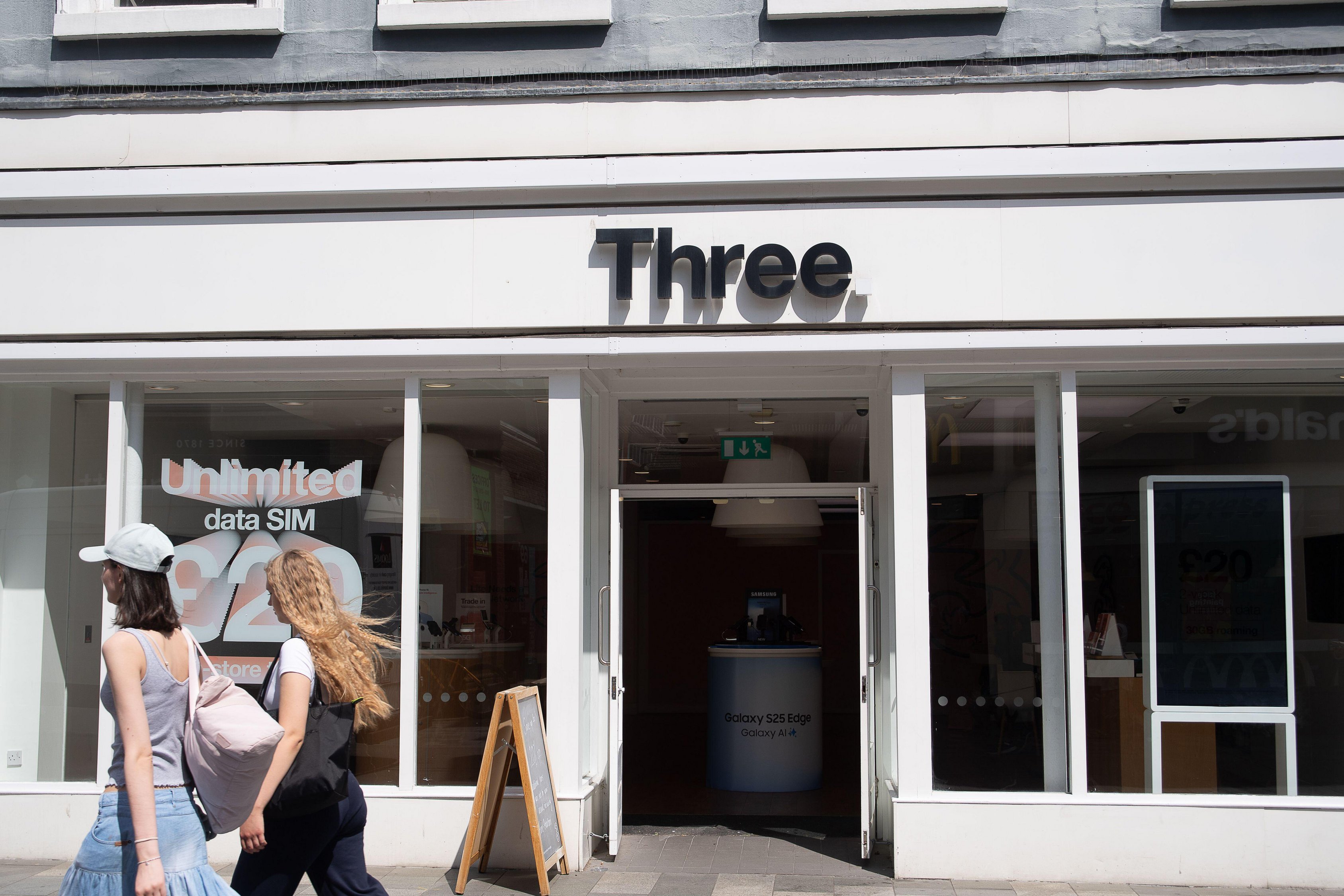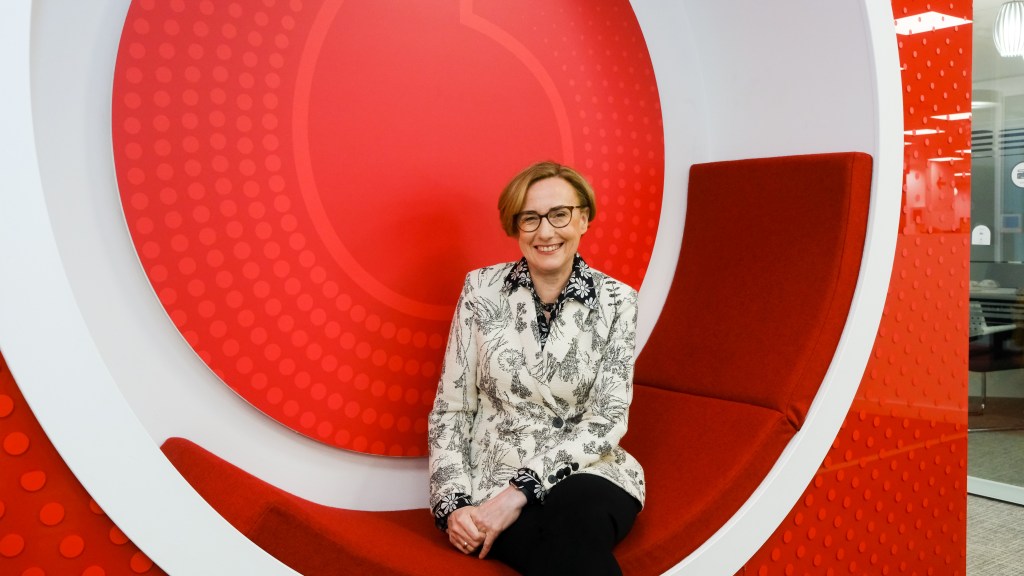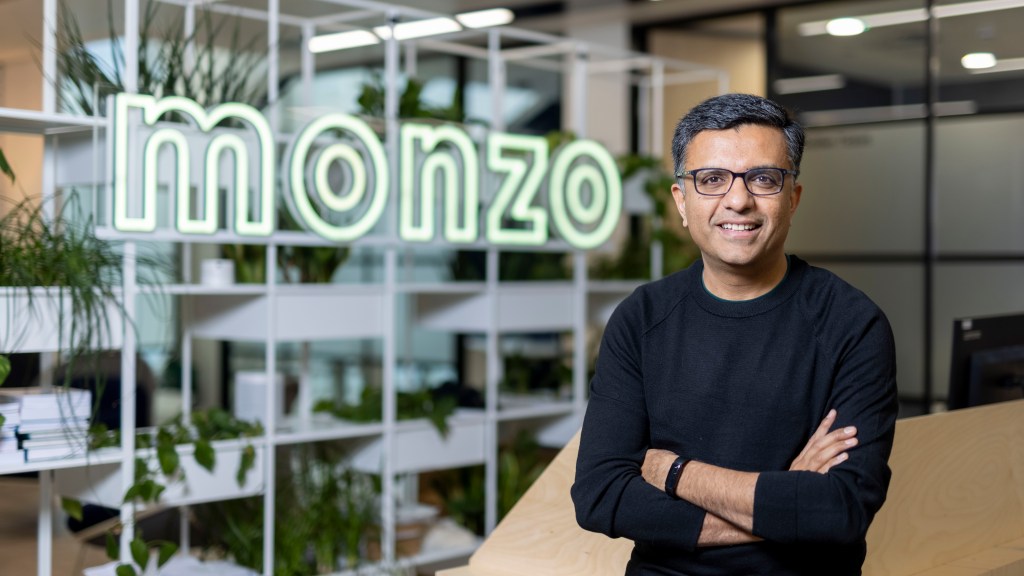Vodafone and Three Merger Transforms UK Telecom Landscape
The completed merger between Vodafone and Three, valued at £16.5 billion, has established VodafoneThree as the leading telecom provider in the UK.
This newly formed entity aims to invest £11 billion over the next ten years, commencing with an allocation of £1.3 billion this year, to enhance network capabilities.
A significant portion of these funds will support the expedited rollout of 5G technology across the UK, which has been trailing behind other European countries as well as major economies like the United States and China.
This high-profile merger marks a pivotal moment as it is the first major consolidation in a European market that has progressed without the imposition of “structural remedies,” such as creating competing spin-off brands to maintain pricing competition.
The operation will be overseen by Max Taylor, who is the current leader of Vodafone UK, and Darren Purkis, former finance chief of Three UK, who will also assume the same role in the new organization.
The merger has sparked optimism that European regulators might become more amenable to further consolidations within the telecom sector, which industry leaders assert is essential for securing returns necessary for network investment.
Vodafone’s CEO, Margherita Della Valle, emphasized that the merger would “forge a powerful entity in UK mobile, enhance the nation’s digital infrastructure, and elevate the UK’s position in European connectivity.”

This consolidation is part of a broader strategic overhaul of Vodafone’s European operations, which has previously involved the divestiture of its businesses in Spain and Italy, generating €12 billion in immediate cash.
While individually Vodafone and Three were among the smaller mobile network operators in the UK, the merged entity is expected to capture a 37 percent market share based on service revenue, as per analysis from research firm Enders, surpassing O2 and EE, which are owned by VirginMedia O2 and BT.
Despite the merger, Vodafone’s stock continues to face challenges, trading near three-decade lows, as the company navigates fierce competition in both mobile and broadband sectors, along with recent legal changes in Germany that have affected bundled services.
Projected savings of around £700 million are anticipated by the end of the decade, which may include some job reductions at both companies. However, Vodafone has indicated that the merger will ultimately lead to a “net creator” of jobs in the UK economy as they integrate and advance their networks.
Shares of Vodafone Group ended the trading session on Monday down by 0.1 percent at 76.5p.




Post Comment